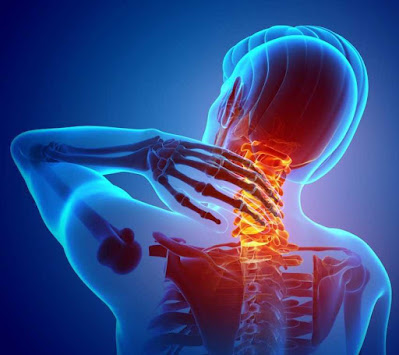Did You Visit Your Pain Management Specialist Today?
Pain is an unpleasant feeling or sensation caused by an injury or illness that causes sheer discomfort and, at times and becomes severe, also causes physical and mental changes. A superficial injury causes slight pain, but if the pain gets severe due to nerve damage, it causes chronic pain and lasts quite long. Pain may be restricted to certain areas like the knee, joints, stomach, or head or spread throughout the body due to some ailment or fever. Most of the time, your healthcare advisor examines your body and suggests tests such as X-Ray and MRI to look for the cause of pain.
X-Ray- Also
referred to as Radiography. It is the most commonly used test to examine the bone
structure of any particular area of the body.
CT Scan- Also referred to as Computed Tomography. This is
a 3d imaging study used to evaluate the bone and soft tissues of any specific
area of the body.
MRI-
Also referred to as Magnetic Resonance Imaging. This is commonly used for
musculoskeletal evaluation to obtain details about bones and soft tissues.
PET Scan- Also referred to as Positron Emission
Tomography. It makes use of a small number of radioactive isotopes to measure
tissue changes at the cell level. This test is performed when doctors suspect
or detect cancer.
Discography- This test helps the doctor evaluate the
structural integrity of intervertebral discs as possible pain sources. This
involves using a contrast dye injected into each disc to be tested through an
X-Ray or CT scan.
NCS-
Also referred to as Nerve Conduction Study. This test is conducted to test if
there is any nerve damage in any specific area of the body. It helps detect
nerve damage and helps in detecting the extent of nerve damage and if any
nerves have been destroyed.
EMG-
Also referred to as Electromyography. This method is used to detect muscle
response and muscle damage. It can help distinguish between nerve and muscle
disorders.
When do you need to see a doctor if you are experiencing knee pain?
Make a quick appointment with your doctor if your knee pain was caused by some accident and is accompanied by fever, redness, tenderness, and warmth around the joint, and swelling. If the pain becomes severe and starts affecting your daily life activities and sleep patterns, you must mandatorily consult a pain management specialist. The pain must be appropriately treated to prevent it from getting worse and deteriorating to the point where surgery becomes necessary.
Conditions that respond well to Pain treatment are:
Sports injuries
General Body pain
and ache
Headache and
migraine
Arthritis and
Osteoarthritis
Rheumatism
Muscle and
ligament strain



Comments
Post a Comment